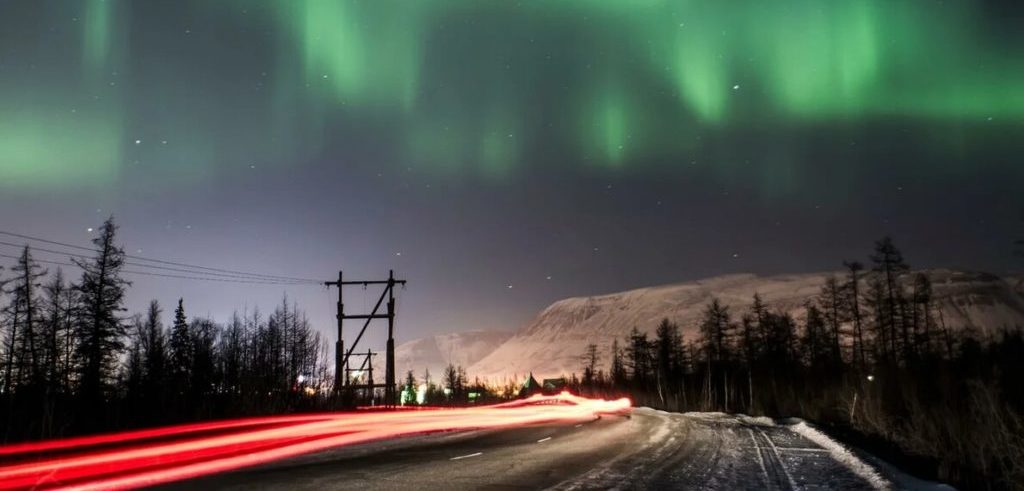#ARCTIC. #SIBERIA. THIS IS TAIMYR. The Russian satellites constellation will be able in the future to conduct research that will make possible to predict the aurora borealis and the latitudes at which it may appear, RIA Novosti reports with reference to the head of the Russian Space Systems (RSS) department Alexey Kovalev.
“With the help of measurements carried out in space, it will even be possible to assess the likelihood of the aurora borealis appearance with forecasting the latitudes at which they can be observed”, said Kovalev.

According to him, onboard equipment has already been created in the RSS, which registers changes in magnetic and radiation fields, on the basis of which it is possible to predict their occurrence and minimize their negative consequences. In the future, he said, it is possible to create an emergency system warning about all anomalous phenomena that arise in space.
One of the most modern complexes of such equipment – the GGAK-VE heliogeophysical complex – is installed on the Arktika-M satellite No. 1, launched into space at the end of February.
“The magnetic field protects the Earth from cosmic radiation, and its changes affect navigation, communication, avionics equipment, the operation of the electric power industry, the operation of pipelines, aeromagnetic surveys, drilling of wells, radiation safety during air travel, and also lead to serious biomedical consequences for humans” – explained Kovalev.
He recalled the powerful explosion in the Sun in 1989, due to which the resulting northern lights could be seen in Texas and Cuba. However, the magnetic storm caused a major power failure in Canada – six million Quebec residents were left without electricity.
Earlier we wrote that the photographer from Norilsk Mikhail Podolyak witnessed a beautiful natural phenomenon – light columns. We also reported that the past winter on Taimyr was generous with aurora borealis.
Follow us on Telegram, Instagram and Facebook.
Text: Victor Tsaryov, Photo: severpost.ru, International Space Station / instagram.com / iss and ruslandtour.ru



